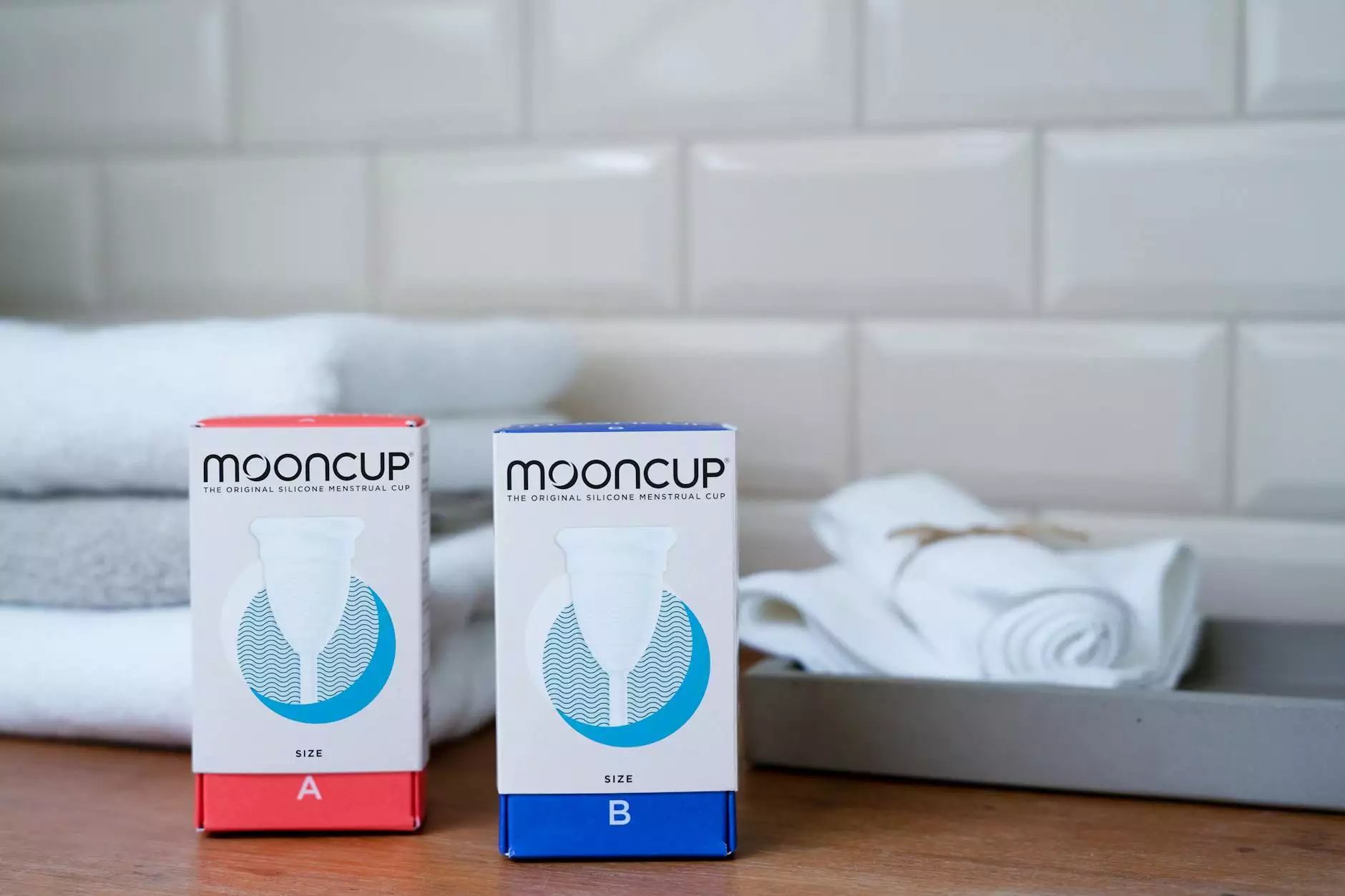Understanding Sudden Swollen Ankles: Causes, Symptoms, and Treatment

If you’ve ever experienced sudden swollen ankles, you know how concerning and uncomfortable the situation can be. Swelling in the ankles can arise without warning and may lead to a lot of questions and even anxiety. This article will delve deep into the various aspects of swollen ankles, shedding light on what causes them, when it’s necessary to seek medical attention, and what treatments may be effective.
What Are Sudden Swollen Ankles?
Sudden swollen ankles refer to a rapid accumulation of fluid in the tissues surrounding the ankle joints. This condition is medically known as peripheral edema. While occasional swelling may occur due to factors like prolonged standing or hot weather, sudden swelling may indicate underlying health issues that should not be neglected.
Common Causes of Sudden Swollen Ankles
Understanding the potential causes is critical in addressing the problem effectively. Here are some of the most common causes of sudden swollen ankles.
- Injury or Trauma: A sprain, fracture, or other injuries can lead to swelling as the body responds to damage.
- Infections: Infections in the foot or ankle area can cause swelling, redness, and warmth.
- Heart Conditions: Conditions such as congestive heart failure can result in fluid buildup, causing sudden swelling in the lower extremities.
- Kidney Problems: The kidneys help regulate fluid balance in the body. Struggles in their function can lead to fluid retention, manifesting as swollen ankles.
- Liver Disease: Liver conditions such as cirrhosis can lead to a decrease in the production of proteins that help keep fluid in the bloodstream, resulting in swelling.
- Medication Side Effects: Some medications, especially those for hypertension or anti-inflammatory drugs, can cause retention of fluid.
- Venous Insufficiency: This occurs when the veins struggle to send blood from the limbs back to the heart, leading to pooling and swelling in the lower legs.
Symptoms Associated with Sudden Swollen Ankles
Recognizing sudden swollen ankles can occur alongside various symptoms. Here are some manifestations to look for:
- Pain or Tenderness: Accompanying pain in the ankle area can signify an underlying condition.
- Warmth: Swollen ankles may feel warm to the touch, indicating inflammation or infection.
- Redness or Discoloration: Skin changes in color can sometimes accompany swelling.
- Limited Mobility: Difficulty in moving the ankle joint due to swelling or pain.
When to Seek Medical Attention
While some cases of sudden swollen ankles might resolve on their own, certain situations warrant urgent medical attention. Seek help if you:
- Experience severe pain, especially if it feels different from the usual discomfort.
- Notice swelling in one leg, which may suggest a possible blood clot.
- Develop shortness of breath or chest pain.
- Exhibit symptoms of infection such as fever, warmth, and increased redness.
- Have a history of heart, kidney, or liver disease.
Diagnosis of Sudden Swollen Ankles
When you visit a healthcare professional for sudden swollen ankles, they will likely follow a systematic approach to diagnosing the cause. This may include:
- Physical Examination: Doctors will inspect the swollen area, checking for signs of injury, temperature, and skin condition.
- Medical History Review: Understanding your medical background and any medications is crucial.
- Diagnostic Tests: Tests may include blood tests, urine tests, ultrasounds, or X-rays, depending on suspected causes.
Treatment Options for Sudden Swollen Ankles
Once a diagnosis is confirmed, specific treatment options for sudden swollen ankles will vary based on the underlying cause. Here, we explore several common treatments:
1. Medication
Depending on the cause, medications can be helpful:
- Diuretics: Often used for conditions like heart failure, these medications help to eliminate excess fluid.
- Anti-inflammatory Drugs: These can help reduce pain and swelling associated with conditions like arthritis or injury.
- Antibiotics: If an infection is present, antibiotics can be essential in resolving swelling.
2. Lifestyle Changes
In some cases, making lifestyle adjustments can significantly improve swelling conditions:
- Elevating the Ankles: Keeping the feet elevated can help reduce swelling.
- Compression Stockings: Wearing compression garments can assist in blood flow, reducing swelling.
- Exercise: Regular movement can enhance circulation and prevent fluid retention.
3. Physical Therapy
Working with a physical therapist can help regain strength and flexibility after an injury or due to underlying conditions.
Home Remedies for Sudden Swollen Ankles
Simple home remedies may help alleviate mild symptoms of sudden swollen ankles:
- Coconut Water: Hydration is crucial, and coconut water can be a natural electrolyte replenisher.
- Heat and Cold Therapy: Alternating heat and cold packs can reduce inflammation and discomfort.
- Dietary Changes: Lowering salt intake can help reduce fluid retention.
Conclusion: The Importance of Seeking Help
Sudden swollen ankles can be alarming, but understanding the causes, observing accompanying symptoms, and knowing when to seek medical help can empower you to take action. It is essential to embrace a proactive approach to your health. If you are experiencing sudden swelling in your ankles, don’t hesitate to reach out to a qualified healthcare provider. At Truffles Vein Specialists, our team is dedicated to providing expert care for all your vascular health needs.
Schedule Your Consultation Today!
Your health is crucial, and so is understanding how to care for it. Don’t let concerns about sudden swollen ankles linger. Contact Truffles Vein Specialists today to schedule a comprehensive consultation with one of our expert doctors. Together, we can explore your symptoms, discuss treatment options, and get you back to optimal health.









